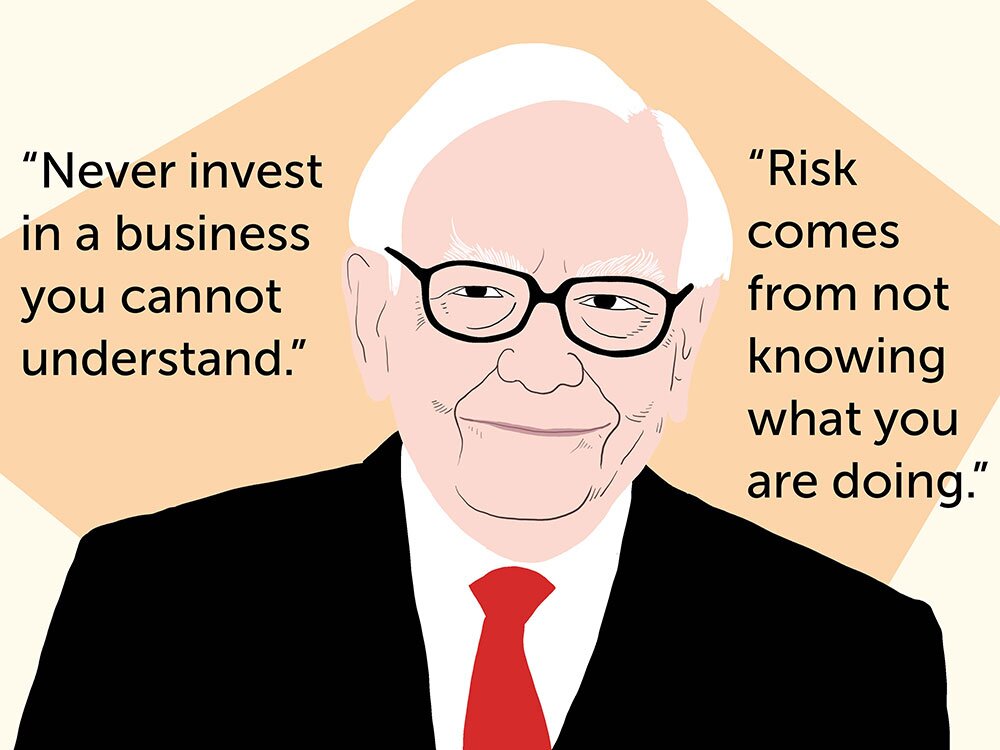Intelligent investment decisions can minimize risks, enhance rewards, and yield substantial returns. As you begin your investment journey, several critical questions arise. What motivates you to invest? At its essence, investing is not just about growing your wealth; it's about outpacing inflation and securing your financial future. Understanding the principles of what is investment and where to invest money is key in navigating this path. This guide aims to shed light on these aspects, providing a comprehensive beginner's guide to investing.
- Blogs
- Finance-and-banking
- Smart-investing-guide-for-beginners-657b003114e5bf000128e110
Smart Investing Guide for Beginners
Finance & Banking • 14 Dec, 2023 • 2,48,262 Views • ⭐ 4.9
Written by Shivani Chourasia

Saver or Spender: Which Are You?

A 2019 Charles Schwab survey uncovered that 59% of Americans see themselves as savers. However, recent trends show a shift: 63% now live paycheck to paycheck, highlighting a mismatch between financial goals and actions. This disparity suggests that while many aspire to financial security, the steps to achieve it aren't always clear. The traditional belief is that saving is the direct path to accumulating wealth and financial freedom. However, this is only a part of the truth. Although saving is a fundamental component, effectively learning how to invest money can significantly enhance your ability to achieve financial goals. The reluctance to invest often stems from a fear of financial loss, overshadowing the potential for gains.
Why to Invest?

Investing and saving are two integral aspects of financial planning, often discussed in any investment guide. While saving provides the necessary capital, investing is what truly grows this capital. It's not just about keeping up with inflation; it's about leveraging the power of compound interest for long-term growth. For beginners, understanding how to invest in mutual funds and other investment vehicles is a crucial step towards financial security.
Balancing Savings and Investments

Determining the right balance between saving and investing depends on individual circumstances. A general guideline is to save 20% of your income, providing a substantial foundation for future investments. Initially, focus on building an emergency fund that covers 3-6 months of expenses. Once this is established, you can start to invest additional funds. Investing wisely over a long period can exponentially increase your capital, making which investment is best a significant consideration.
Understanding Investment Mechanics

To participate in the financial market, you must understand its workings. The market serves as a platform for buying and selling stocks, bonds, and other assets. To enter, one needs an investment account, such as a brokerage account, which differs from a standard bank account. This is the first step in learning how to invest in the share market for beginners.